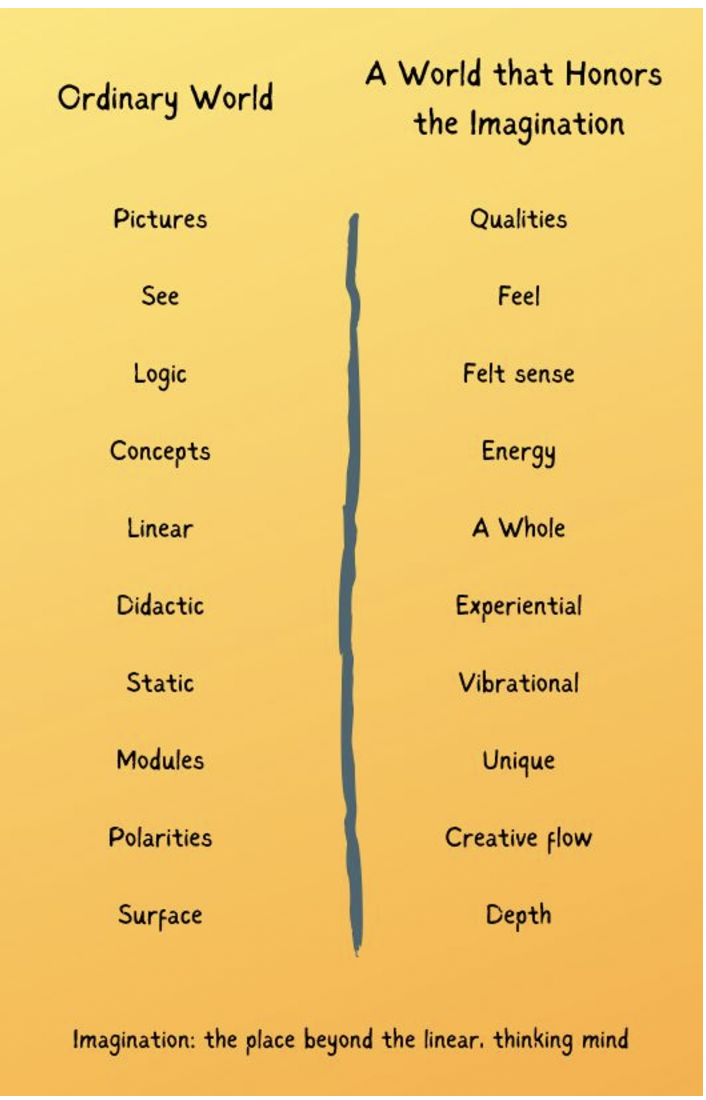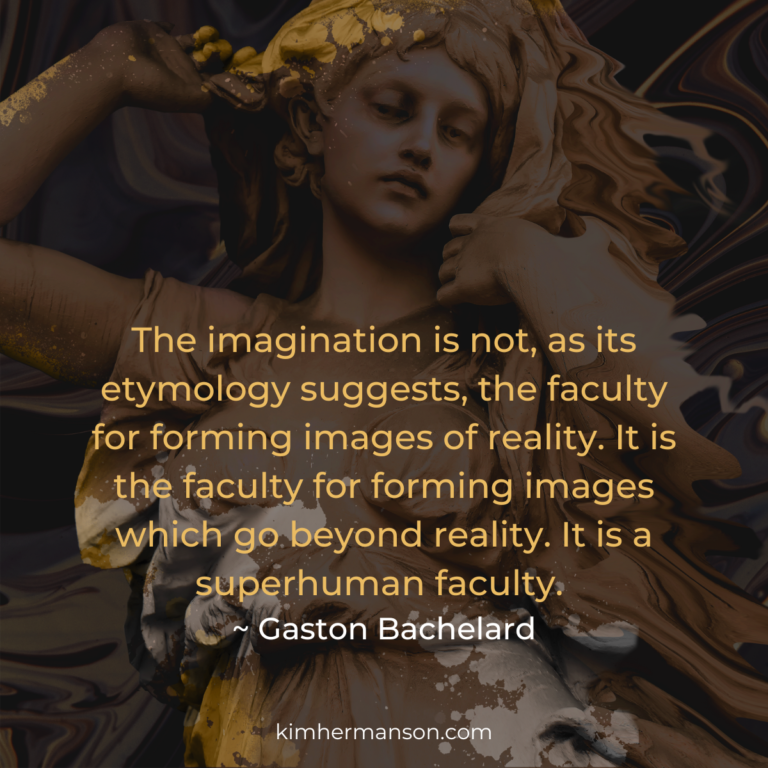We need schools for the imagination

Einstein famously said, “Imagination is more important than knowledge. For knowledge is limited to all we now know and understand, while imagination embraces the entire world, and all there ever will be to know and understand.” It’s one of those quotes we nod along to, appreciating its brilliance. But here’s a question: if imagination is truly more important than knowledge, why don’t we have schools devoted to cultivating it?
Most schools focus on teaching what is already known. We learn facts, formulas, and frameworks—valuable tools, certainly, but all of them confined within the boundaries of existing knowledge. The focus is on memorization, standardization, and measurable outcomes, leaving little room for exploration, curiosity, or the kind of thinking that moves beyond the known into the realm of possibility.
Imagination is the spark that drives innovation, creativity, and growth. It’s what allows us to dream of new solutions, envision a better world, and see beyond the limitations of our current reality. Yet, in traditional education, imagination is often treated as an afterthought—a skill for the arts or extracurricular activities, not the foundation of learning itself.
What if we flipped that model?
Schools for the imagination would be places where curiosity is celebrated, not stifled. Instead of teaching answers, they would teach students how to ask big, open-ended questions. They would encourage experimentation, play, and the kind of “what if” thinking that leads to breakthroughs. Students wouldn’t just learn how things are—they’d imagine how things could be.
In these schools, failure wouldn’t be something to fear; it would be seen as a natural and necessary part of discovery. Students would explore ideas that don’t fit neatly into categories, connecting dots in unexpected ways. They would learn not just to think, but to feel, to sense, and to intuit their way into new realms of understanding.
Imagine a classroom where students are asked, “What do you think is possible?” instead of, “What is the right answer?” Where creativity, intuition, and innovation are as valued as logic and memorization. These schools would prepare students not just for the world as it is, but for the world they might create.
Einstein’s words remind us that imagination embraces all there ever will be to know and understand. Isn’t it time we built schools that honor and cultivate this limitless potential? The future depends on it.





